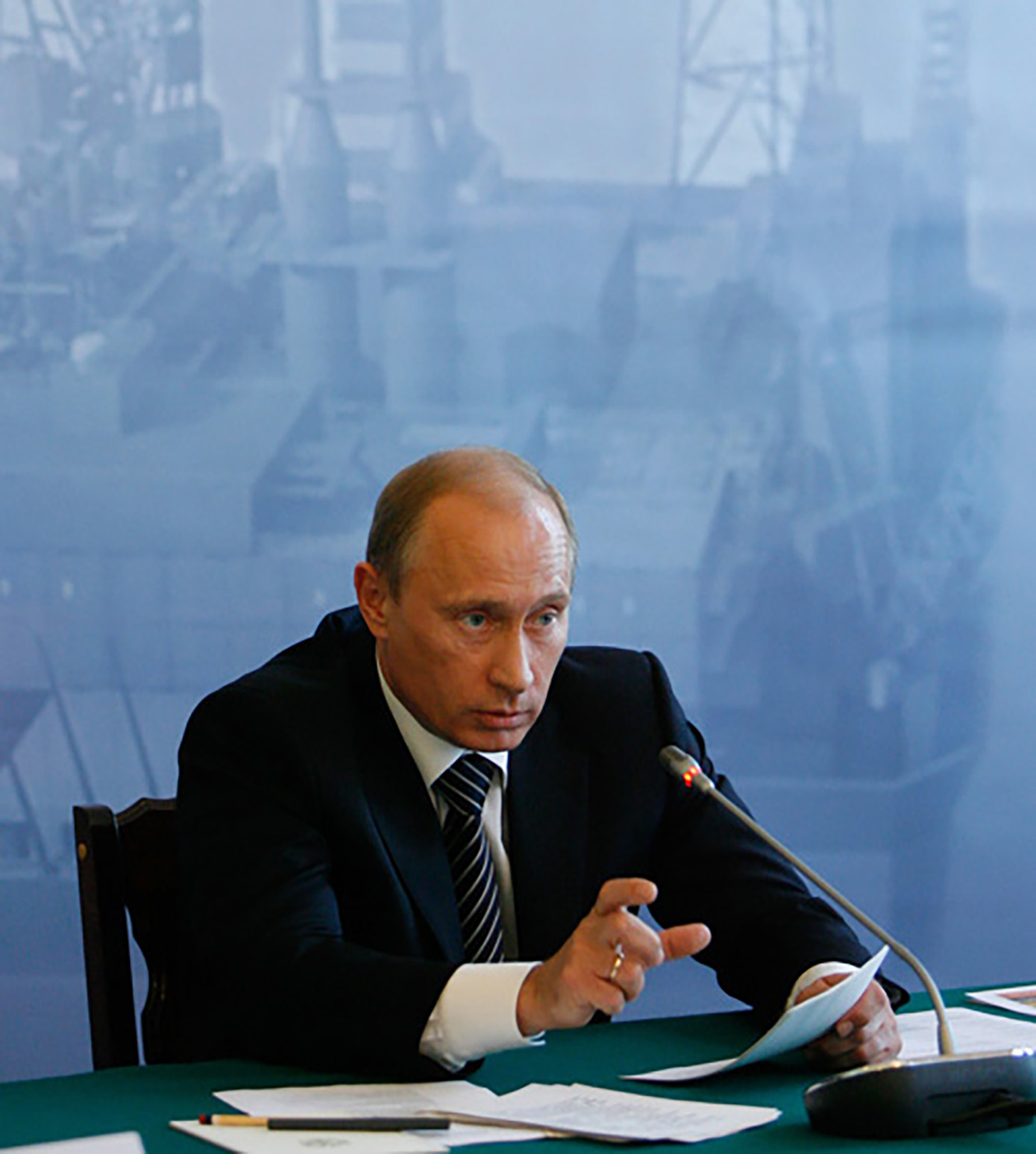Yun Hin Choi, BA History and Politics
The past several weeks have marked the international carnival where we’ve seen the world’s leaders gather for a number of lavish occasions, kicked off by the Asian-Pacific Economic Cooperation (APEC) summit in China and ended with the G20 meeting in Brisbane, Australia. The prime aims throughout the G20 meeting were in a similar economic vein to those set-out in 2007 to curb the financial crisis. The talks largely focused on economic issues such as the liberalisation of cross-border trading activities and the increase of information shares. Although the effectiveness for these sorts of ‘world powers parties’ is always under scrutiny, this time the G20 saw how political arrogance can very much lead to embarrassment – yes, I would like to take you through what is the early, and very indecent, leaving of Vladimir Putin.
It was apparent that Putin’s exit was one of the many signposts of his stubbornness; since the crisis in Ukraine and the annexation of Crimea, he had shown his obsession with games of ‘big power confrontations’ which is nothing dissimilar to the Soviet Union’s style of foreign policy that played out during the Cold War.
Since the onset of the Ukrainian civil war, Putin’s bloated ambitions to build a strong Russia are now more unrivalled than ever before. The China threat theory that had taken shape over a decade ago is now being replaced by Putin and his haughtiness, and it is now undoubtedly presenting a real threat to world peace. Putin has indulged himself through his active participation in the Ukraine affair, however, even if Putin successfully supports the Ukrainian separatist forces, and they succeed in taking control of South and South East areas of Ukraine, the genuine benefits that Russia could gain from the war are still questionable. It seems that Putin doesn’t pay much attention when calculating the damage that Russia must come to bear in the form of Western sanctions imposed upon it. In any case, the G20 palava has shown us that Putin has begun to lose all patience and manner when dealing with his country’s international relations.
There was never a lack of evidence to attest to the loss of rationality of Putin. In September of this year, he threatened the world with the possibility of taking Kiev, the capital of Ukraine, in seven days. Perhaps inspired by his 2008 adventure into South Ossetia, Georgia, which boosted Putin an unprecedented 80% of supporting rate in Russia, the Russian big man hopes to reproduce similar support, by playing to the nationalist emotions of the people who see themselves and Putin as ‘one against the world.’ But this has failed to calculate for the long-term political and economic effects. For Putin, the lure of arrogance was too great, and now he faces a challenge in returning to the table after his decision to stand against his biggest trading partners like the EU.
Things precipitately got worse after the shooting down of MH17 above Eastern Ukraine, an area that was under the control of the pro-Russian separatists, whom are widely supposed to be backed by Moscow. Putin therefore bore the brunt of criticisms over the incident. Though the downing of MH17 might have come as unexpected to him, Putin should have foreseen the inevitable consequences of his disaffections from the rest of the world, especially the Western countries led by the US; he knew that he would face questions during the G20 summit in Brisbane.
As host country of the summit, Australia, who lost around 20 citizens in the crash, could refuse the Russian President’s entry in an act of protest and warning against Putin’s rampant involvement in the Ukrainian conflict and the MH17 incident. Ironically enough, Putin sent his vessels into the open waters of Australia, intending to warn the Australians not to bring up the issue of MH17. This, again, was a really ill-mannered diplomatic trick that hardly involved any mature thinking. Did Putin really believe that flexing his strong military muscle, by sending several submarines, was a good bluff?
Either way, this is how Putin’s road to his obsession with ‘strong politics’ unhappily came to a point of unnecessarily strained tensions between Russia and the rest of the world – a point at which even his most tolerant commercial partner, the German Chancellor, Angela Merkel, decided to have a go at him.
There were always better ways for Putin to make things look less awkward, yet no one can stop him from scratching his face in front of the world. I like his reasoning for the early leaving from the G20 conference – he was in need of sleep. Yes, but it’s tiresome for the world to pick up the mess Putin has generated too.
